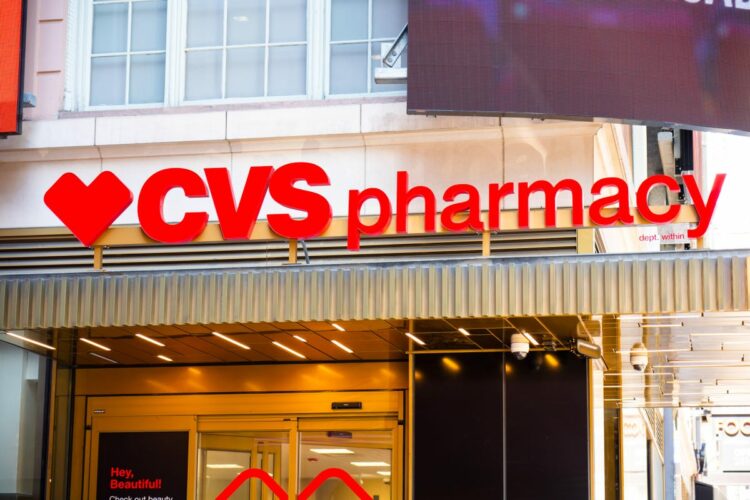Multi-billion dollar company, CVS Health, plans to close 900 retail stores over the next three years, reaching close to 10% of its footprint, in response to changing “consumer buying patterns.”
According to CNN, the drug chain announced on Thursday that the closures would reflect a retail presence that ensures it has the “right kinds of stores in the right locations for consumers and for the business.”
Store closures will begin next spring, but a list of specific locations has yet to be announced.
The closures will focus on restrategizing the company’s retail presence in 10,000 locations across the country. “That includes remodeling some stores to include more health services, such as primary care and an “enhanced version” of its HealthHub layout.“
“We remain focused on the competitive advantage provided by our presence in thousands of communities across the country, which complements our rapidly expanding digital presence,” said CVS CEO Karen Lynch. She joined the company a year ago.
Due to store closures, the company expects to spend about $1 billion in the fourth quarter of 2021. Current employees will be transferred to nearby locations and remain employed.
Neil Saunders, retail industry analyst and managing director of GlobalData, said the closures result from CVS having “too many overlapping locations” and the battered state of its stores that has “pushed some of them into the downward spiral of irrelevance.”
“Too many stores are stuck in the past with bad lighting, depressing interiors, messy merchandising, and a weak assortment of products. They are not destinations or places where people go out of anything other than necessity,” Saunders said.
According to CNBC, stocks in CVS Health have increased despite the company’s need to close stores. “Shares rose 2.81% to close at $95.34. With the day’s gains, CVS shares are up about 40% this year, bringing its market value to $125.81 billion.”
The store was opened in 1963 in Lowell, Massachusetts, by Stanley and Sidney Goldstein and partner Ralph Hoagland.















